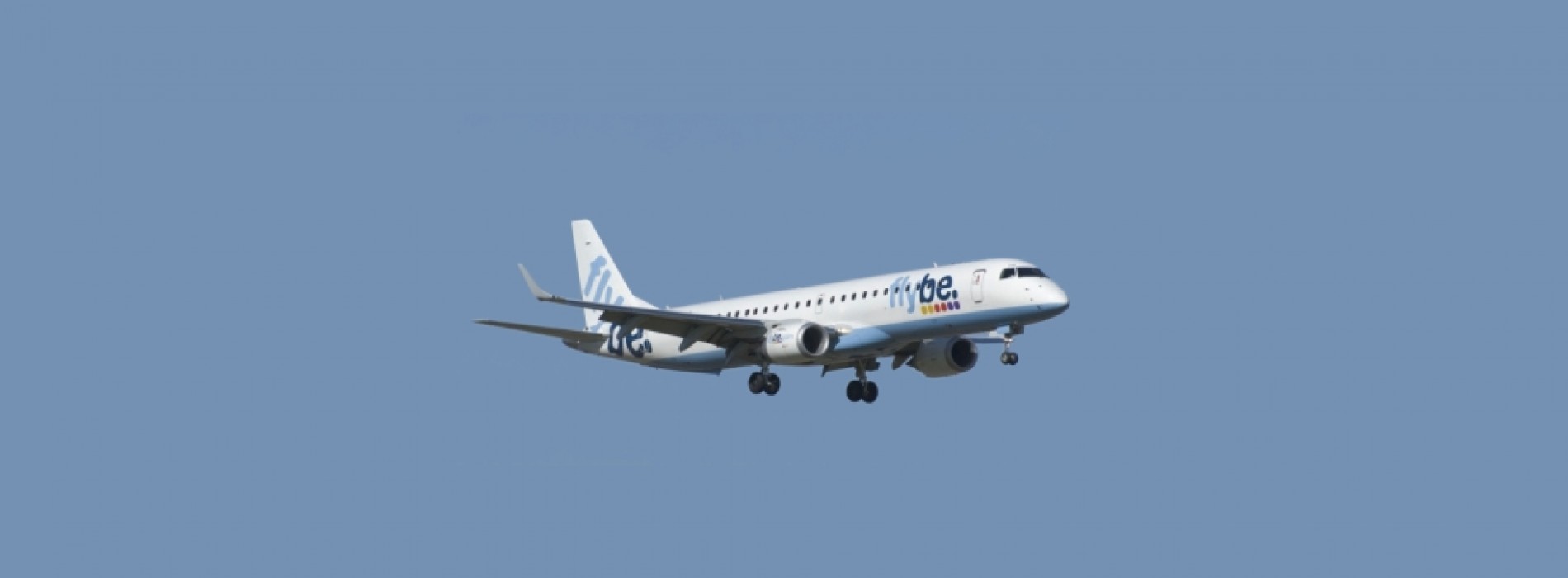Flybe sees passenger revenues increase for third quarter
Regional carrier Flybe has recorded 8.5 per cent growth in passenger revenue to £159 million, for the three months ending January 31st.
The news comes as the airline also saw a 4.2 per cent reduction in seat capacity to three million over the period.
Christine Ourmieres-Widener, chief executive at Flybe, said: “We are making strong progress against our sustainable business improvement plan.
“During this quarter, we continued with our planned fleet and capacity reductions and delivered higher load factors, increased passenger numbers and strong unit revenue performance.
“We expect this improvement to continue, but at a slightly slower rate in the final quarter of the year.
“As we continue to reduce our fleet size, but face the impact of higher fuel prices and reduced foreign exchange hedging gains, we are going to be even more focused on improving our cost base.”
Flybe saw the first four of this year’s six end-of-lease Q400 handbacks returned to the lessor in the quarter, with the next two handbacks scheduled for return before the end of March.
The commercial agreement with Stobart Air to operate two E195 jets under a dry lease arrangement from London Southend is now in operation, Flybe said.
Flybe also flew 2.3 million over the quarter, an increase of more than eight per cent, while there was an 8.6 per cent increase in loaf factors, to 75.8 per cent.
You might also like
Asian Games 2018 will take place in Jakarta and Palembang
All eyes of sport fans throughout Asia and the world will turn to Indonesia when the largest and most prestigious sporting event in Asia, the 18th Asian Games 2018 will be held
Monaco to host 12th Monte-Carlo Jazz Festival
Discover and re-discover the greatest Stars of Jazz between 16th November – 2nd December at “Opera Garnier Monte-Carlo” Every November, the Monte-Carlo Jazz Festival takes spectators on a musical journey through the
Celebrate World Tapas Day in India’s Metro cities
World Tapas Day celebrations in India will be held in New Delhi, Mumbai and Bengaluru 15th June onwards. This initiative led by the Spanish Tourism Board and the gastronomical association







